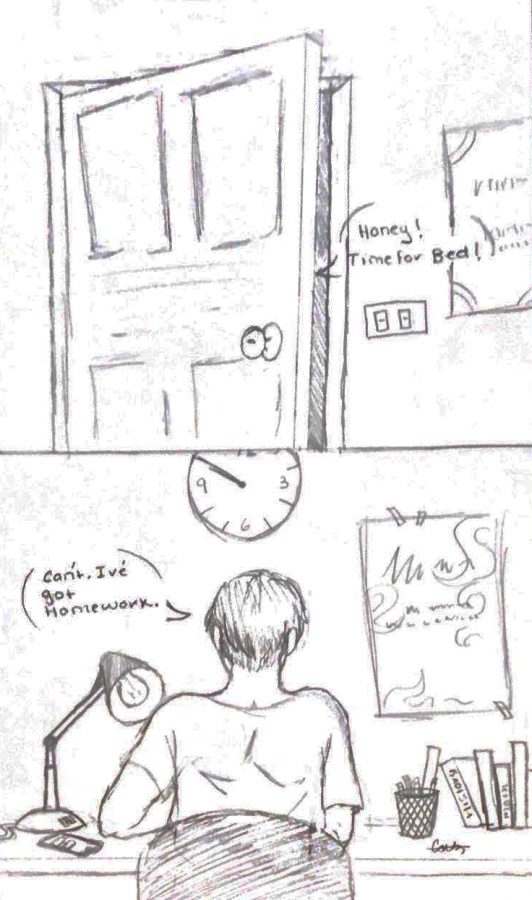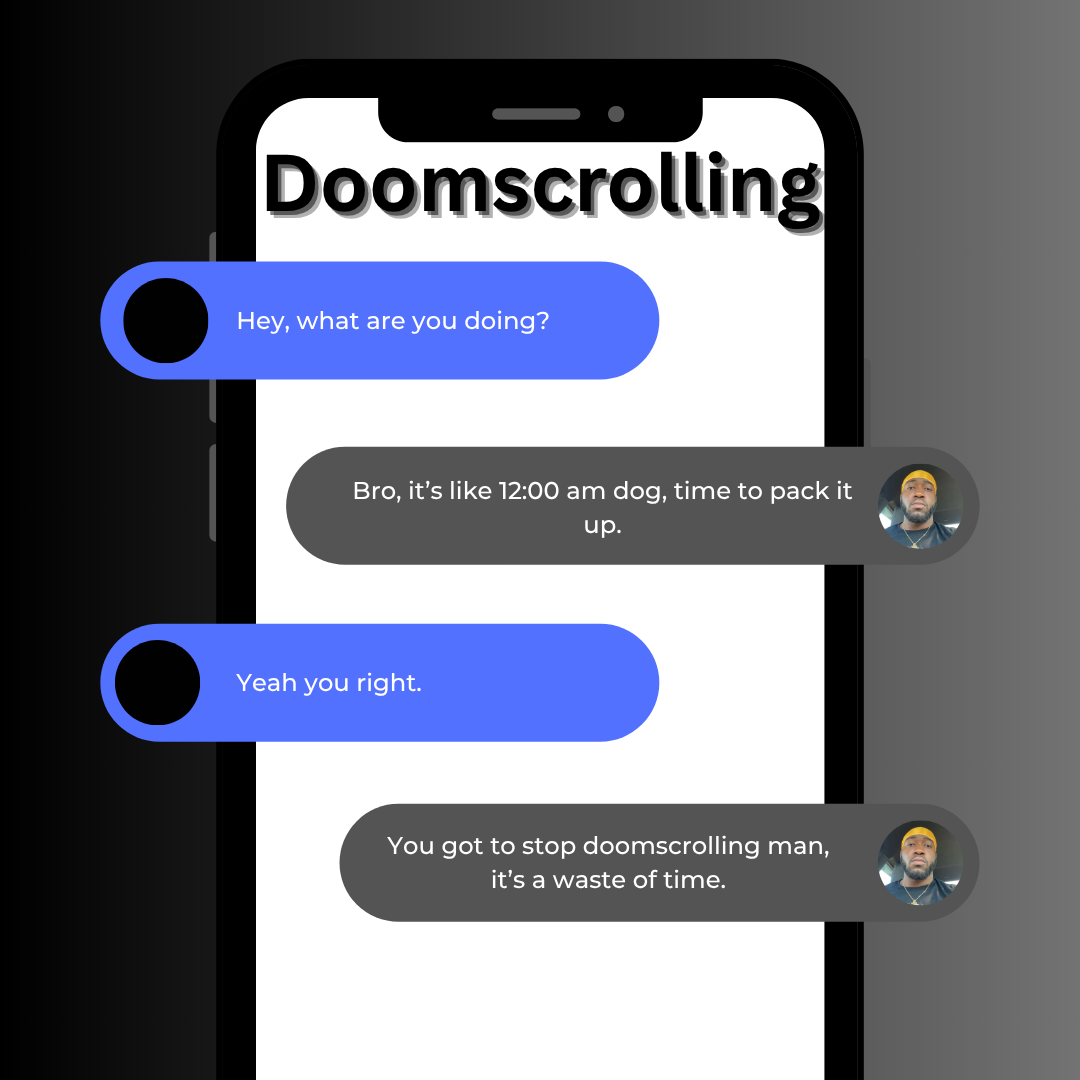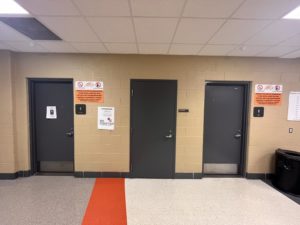Editorial Board Vote
Busy teens don’t have enough time in their days; losing an hour to ‘sleep in’ is not the solution.
April 16, 2019
It’s not often that our staff agrees, but on this topic we are unanimous: pushing the start time back for high school students would cause more problems than the perceived benefits of an extra hour of sleep. South Lake High School, for example, starts at 8:35 a.m. and ends at 3:35 p.m.. While the idea of more sleep sounds great on the surface, our busy lives and hectic schedules simply wouldn’t allow it.
One major downside would be that it would make things a lot more difficult for athletes and students involved in extracurricular activities. If the school day was pushed back, then practices, activities and events would be pushed back, as well. Most of these practices range from around one to two hours. For example, our managing editor plays varsity basketball and he has practice that starts right after school at 2:30 p.m. and ends at 4:30 p.m..
If we had late start in place, his practice would not start until roughly 3:45 p.m. and it would go until 5:45 p.m.. This would take away a lot of time from his day, giving him less time for homework and leisure. The impact would be greater for junior varsity and freshman sports teams, because they use the same facilities as the varsity teams and aren’t able to practice until the varsity finishes first. So members of the JV and freshmen teams wouldn’t get out of practice until 8:00 p.m. or 9:00 p.m.. This not only takes away time for these students to do homework, but it also makes it more harder on parents that have to drive them to and from practices.
Student employment could also see negative affects from a late start. The state of Michigan’s requirements states that a minor cannot start work before 3:00 p.m., which means that most work places would like their student employees to start right at 3:00 p.m.. If UCS got out of school at 3:30 p.m., then they would be put at a disadvantage. They would be able to work less hours, and they would also have little to no time to study and get their homework done. This also puts students trying to get a job at a disadvantage. For example, if a Utica student was applying for a job, and a student from another school district that does not implement late start applied for the same job, then the work place would most likely hire the other student, because they could come into work much sooner.
Late start would also have a significantly negative impact on students that have younger siblings in primary schools. For example, South Lake High School gets out of school at 3:35 p.m., but their elementary schools get out at 3:10 p.m.. So, if a high school student had a younger sibling that went to an elementary that implemented late start, and they had parents who had to work past 4:00 p.m., then the younger sibling would be home alone for almost an hour. This situation would force the parents to most likely pay to put the younger sibling into a daycare of some kind.
Those arguing for late start cite the health benefits of getting more time to sleep, but those of us with busy schedules will just have to stay up an hour or so later to finish everything. Even if some of us don’t have busy schedules, let’s be honest, teens are going to stay up later at night, regardless, just because we can.











